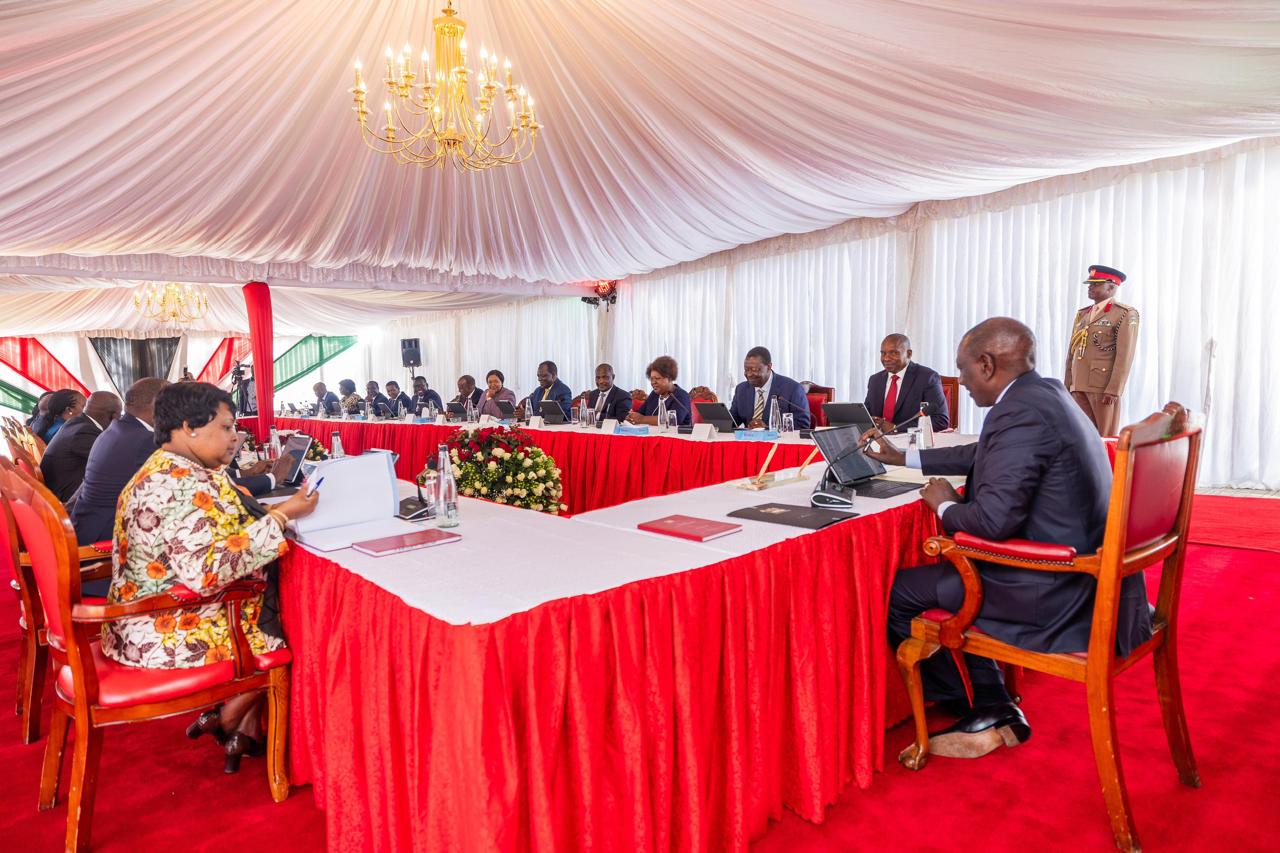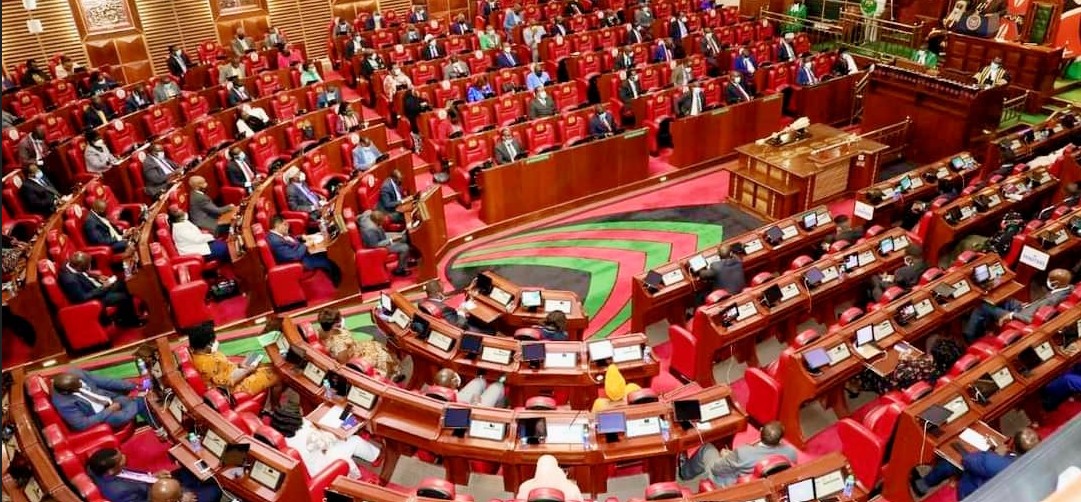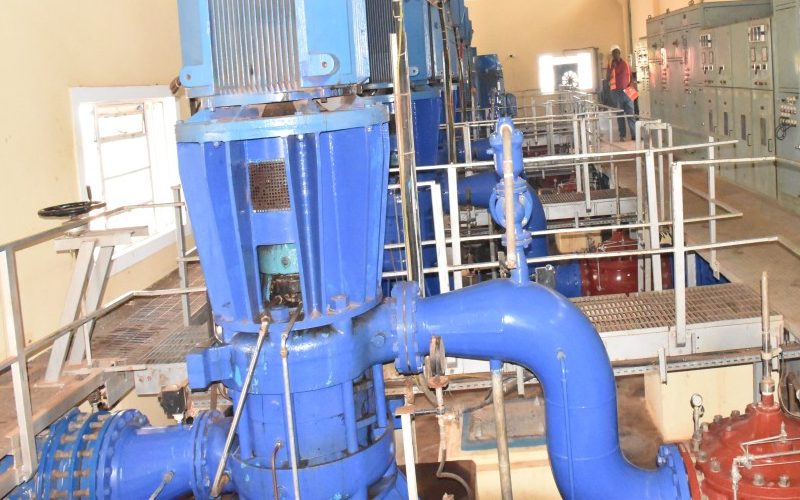Cabinet approves bills to streamline project funding, boost traders' access to credit

The bill, which amends the Public Finance Management Act, 2025, requires state agencies to open project-specific bank accounts for funds allocated to each approved project.
The Cabinet has approved the Public Finance Management (Amendment) Bill, 2024, which aims to improve the efficiency of managing conditional allocations to county governments by eliminating duplication and streamlining the transfer process.
More To Read
- Kindiki’s office spends almost half of 2025/26 allocation within three months
- Bill proposes separate bank accounts for each State project to boost accountability
- Treasury rolls out new plan to expand financial inclusion in Northern Kenya
- Kenya borrowing Sh32.4 million every hour as total public debt hits Sh12 trillion
- Parliament approves plan to use KPC sale proceeds to settle liabilities, compensation claims
- Kenya steps up sovereign credit reforms with plans to create rating committee
The bill, which amends the Public Finance Management Act, 2025, requires state agencies to open project-specific bank accounts for funds allocated to each approved project.
The aim is to ensure that funds are directly channelled to their intended projects, without risk of diversion.
Rongo MP Paul Abuor, who sponsored the bill, emphasised that any state officer found to have diverted funds from these accounts would face severe consequences, including dismissal and a jail term.
“All funds disbursed by the National Treasury to ministries and state departments, state agencies, and parastatals for approved projects shall be deposited in the designated project-specific bank accounts,” reads the Bill.
The accounts, he added, will be managed exclusively for the project they are intended for.
Abuor further explained that any officer who misuses funds from these accounts will be penalised with a fine equivalent to 150 per cent of the misused amount.
“This ensures that funds are not misdirected or misused,” Abuor said. The fine is recoverable as a debt owed to the government. In addition, the officer will face immediate suspension and potential dismissal, subject to an investigation. “The officer shall be liable to a term of imprisonment not exceeding five years upon conviction,” he added.
The bill also proposes that banks found to have facilitated the unauthorised withdrawal or transfer of funds from project-specific accounts will face financial penalties and legal action as determined by the Central Bank of Kenya (CBK).
Furthermore, the Controller of Budget (CoB) will be tasked with monitoring fund expenditures and providing quarterly compliance reports.
The bill also calls for the National Treasury to develop a digital platform to track the utilisation of project-specific accounts, ensuring transparency and public accountability.
“The Ministries and parastatals shall submit monthly expenditure reports for each project-specific account to the Treasury, the Auditor General, and Parliament,” Abuor said.
In addition to the financial reforms, the Cabinet also approved the incorporation of the Kenya Credit Guarantee Company, aimed at improving access to affordable credit for micro, small, and medium enterprises (MSMEs).
The cabinet observed that MSMEs contribute over 30 per cent to Kenya’s GDP and employ 16 million
people, yet they face significant challenges in accessing affordable financing.
The new company will replace the existing Credit Guarantee Scheme (CGS), which was established in 2020 to help MSMEs secure affordable financing from formal financial institutions.
Albert Mwenda, Director-General for Budget, Fiscal, and Economic Affairs at the Treasury, explained that the Treasury has allocated Sh3 billion to the CGS over the past four financial years and expects to scale up the fund to ensure sustainability.
“We will scale up the fund once we get the cabinet approval,” Mwenda said.
The Treasury’s latest budget report shows that the new company is expected to become 10 per cent operational this year, 30 per cent by June 2026, 80 per cent by the following year, and fully operational by June 2028.
The scheme currently absorbs up to 25 per cent of losses on loans in the event of default.
As of last August, the scheme had disbursed Sh6.3 billion to 4,121 MSMEs across 12 sectors, despite some challenges with banks assigning a higher risk profile to small businesses.
However, the growing uptake of the scheme signals increasing demand for MSME financing.
The Cabinet chaired by President William Ruto on Tuesday also approved the Plant Protection Bill 2023, a significant step in enhancing Kenya’s agricultural productivity and strengthening food security.
Top Stories Today

















































